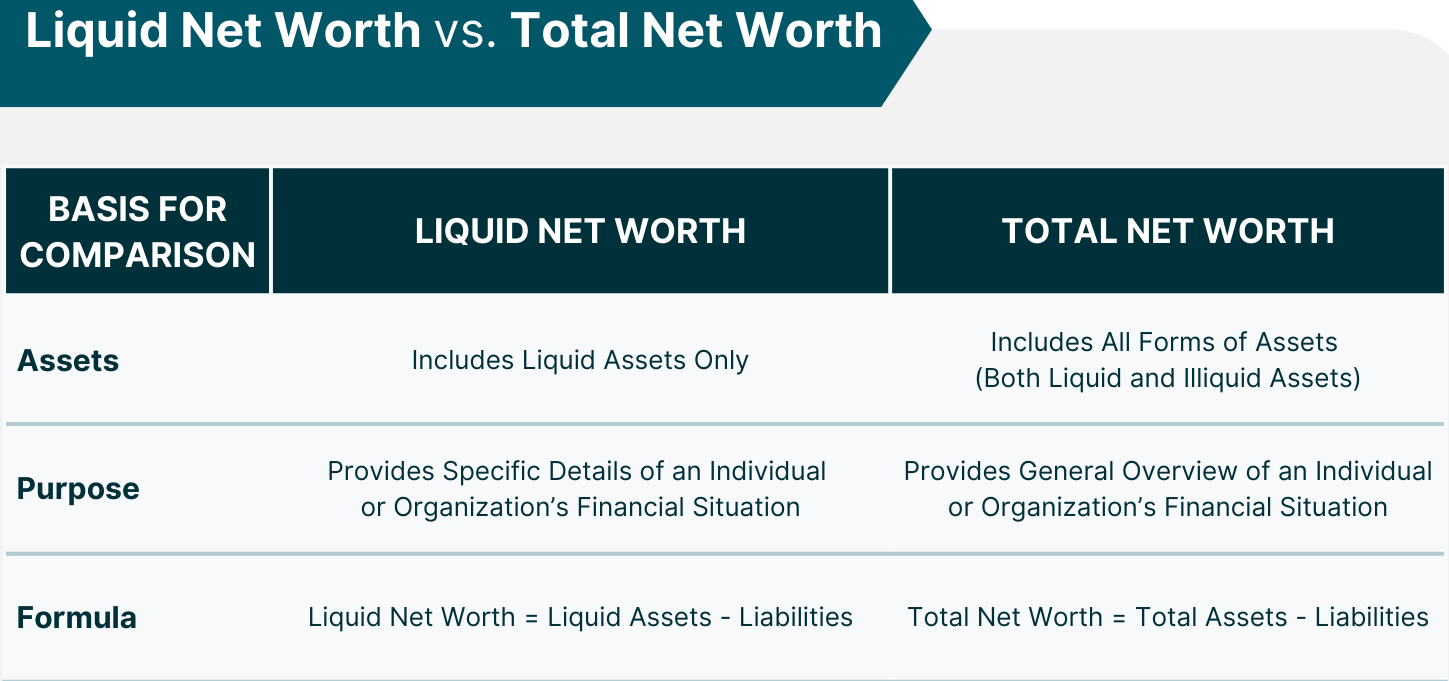Which assets can be depreciated?
Depreciation on Assets Depreciation on Assets in general, tangible assets can be depreciated. Tangible assets are physical assets that have a determinable useful life, meaning they are expected to provide economic benefits over a specific period. Common examples of tangible assets that can be depreciated include: 1.Buildings: This includes commercial buildings, residential properties, warehouses,… Read More »









